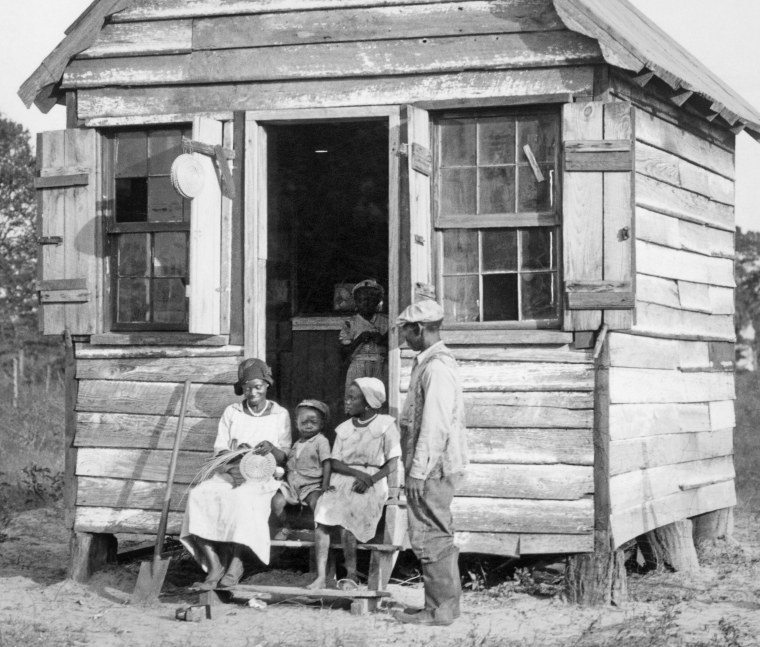The National Oceanic and Atmospheric Administration, or NOAA, is administering millions of dollars to lend a hand historically underserved coastal communities fight local weather change. That contains the virtually 12,000-square-mile stretch of land spanning from North Carolina to Florida referred to as the Gullah Geechee Cultural Heritage Corridor. This land, designated through Congress in 2006, protects and preserves the Gullah Geechee’s wealthy historical past and tradition through permitting spaces alongside the hall to leverage federal finances for techniques and initiatives and obtain technical and fiscal the help of the National Park Service.
In April 2023, NOAA additionally introduced greater than $265 million in investment for 38 new initiatives to enhance the local weather resilience of coastal ecosystems and communities. That incorporated $6.2 million for techniques in South Carolina to hurry up dwelling coastline initiatives in underserved communities and feature the Marine Corps Air Station Beaufort workforce up with the Gullah Geechee Cultural Heritage Corridor to improve a neighborhood ambassador program for dwelling shorelines.
Projects advisable through the NOAA come with $536,000 to rent new body of workers to lend a hand construct relationships between recovery organizations and Gullah Geechee communities, determine the resilience priorities of neighborhood contributors, and shape native advisory committees to improve long term recovery efforts.


Tia Clark runs Casual Crabbing with Tia, a industry in Charleston, South Carolina, all for catching blue crabs, a key aspect in Gullah Geechee delicacies.
Sheis a part of conservation efforts to construct oyster reefs and create a habitat for sea creatures to live to tell the tale. She mentioned hotter temperatures have led to habitat loss for crabs. In addition, blue crabs aren’t backing out to deeper waters to safe haven from chillier climate as frequently, so crabbers are placing extra drive on the blue crab inhabitants. South Carolina recorded a report low choice of blue crabs in 2023, in keeping with the South Carolina Department of Natural Resources.
“When we start losing some of these resources and when it really starts hitting home and affecting more people is when some real change is going to happen,” Clark mentioned.
She mentioned she believes running alongside the water has modified her existence for the higher and taken her nearer to her tradition. However, she mentioned, she’s observed prerequisites for the natural world decline.
“With climate change, if it stays this warm, then the crabs are around longer, which means there’s going to be more pressure put on them by me and other people that are trying to catch them,” Clark mentioned.
She works with state companies and native colleges to teach scholars about the significance of defending the water for more youthful generations.
“It’s scary for me to think about our resources not being here because of climate change,” Clark mentioned.
Multiple federal techniques goal improve for the Gullah Geechee Cultural Heritage Corridor and fight local weather change. Those dwelling alongside the hall see it as a very important battle to maintain what’s sacred to them — land, water and their way of living.
“Every part of what we’re doing is to ensure our survival as native Gullah Geechees and the survival of our traditions,” Queen Quet mentioned. “We say, ‘We done been here, we not going nowhere at all.”
For extra from NBC BLK, sign up for our weekly newsletter.


